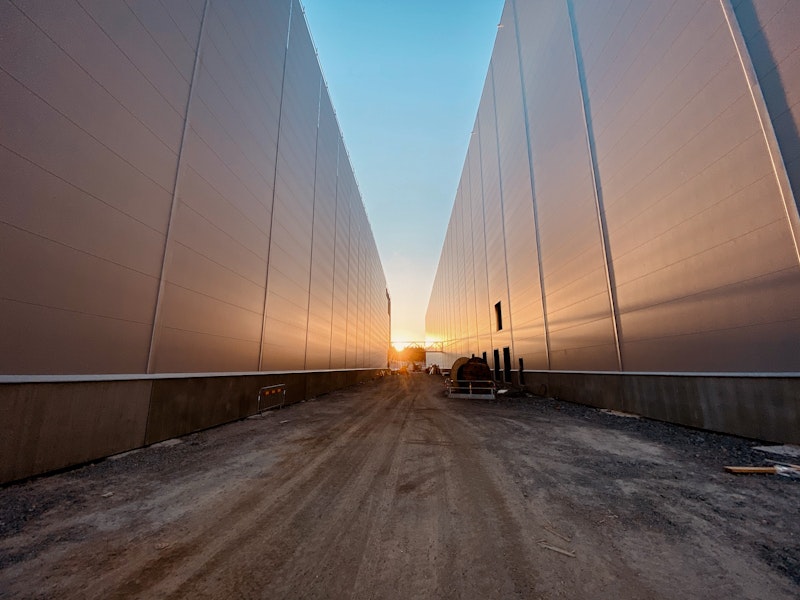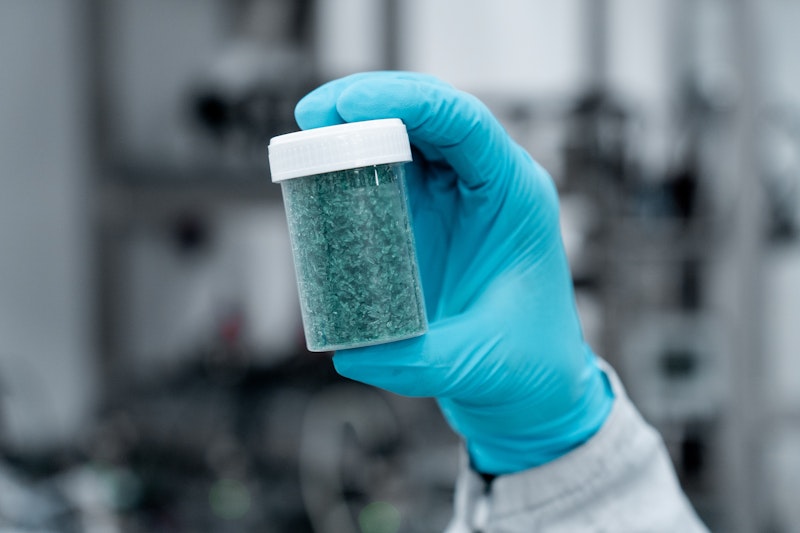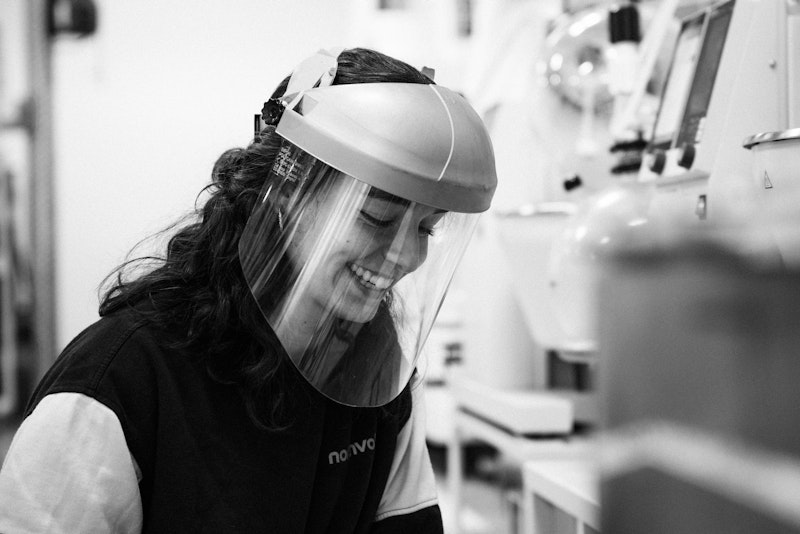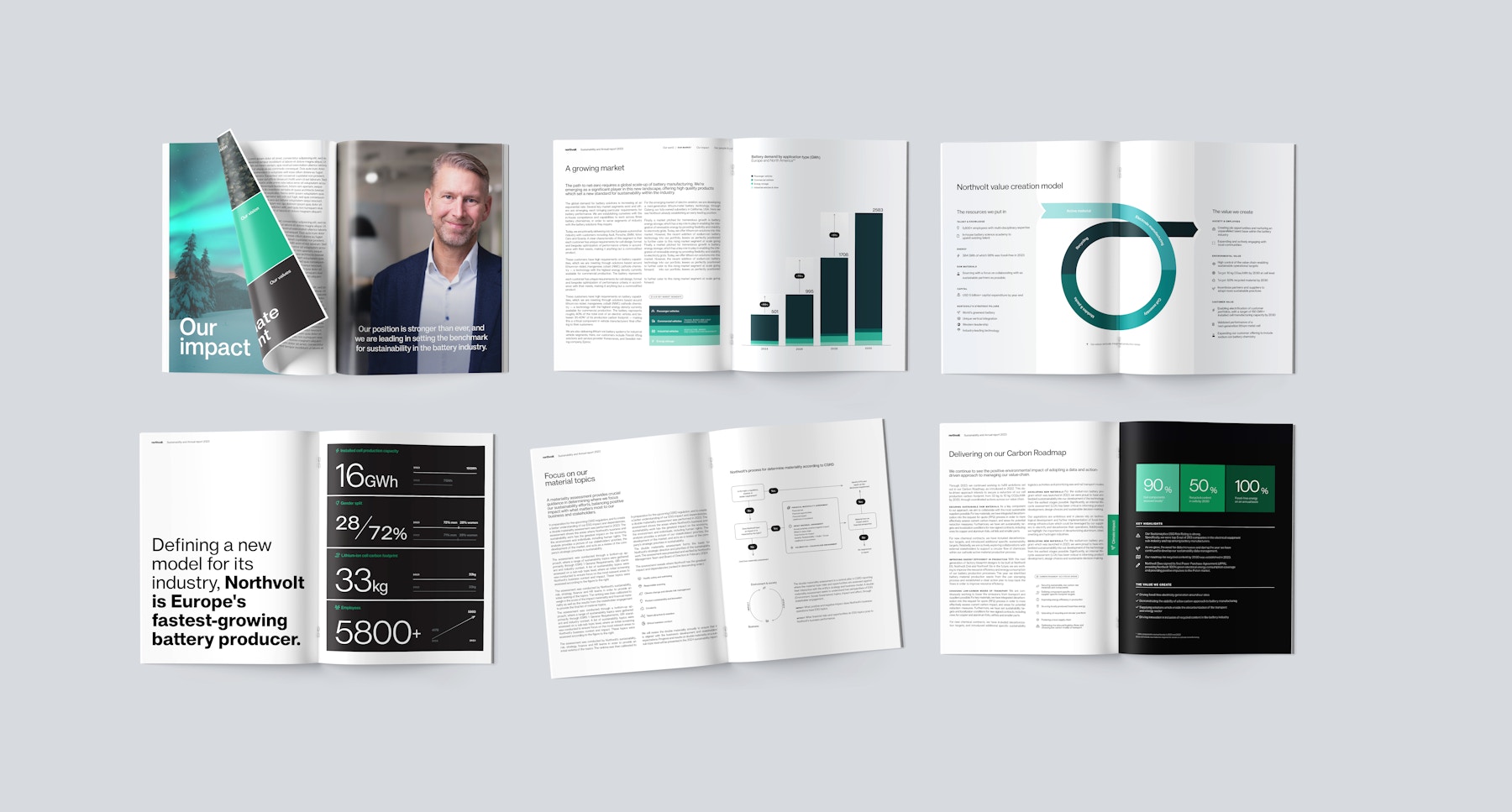There’s no getting around the fact that battery cell production requires a lot of energy. But by harnessing the power of renewable energy, we can make an enormous difference to the carbon footprint of battery products.
That’s why, wherever we operate and manufacture, we have a commitment to using clean, locally sourced fossil-free energy.



